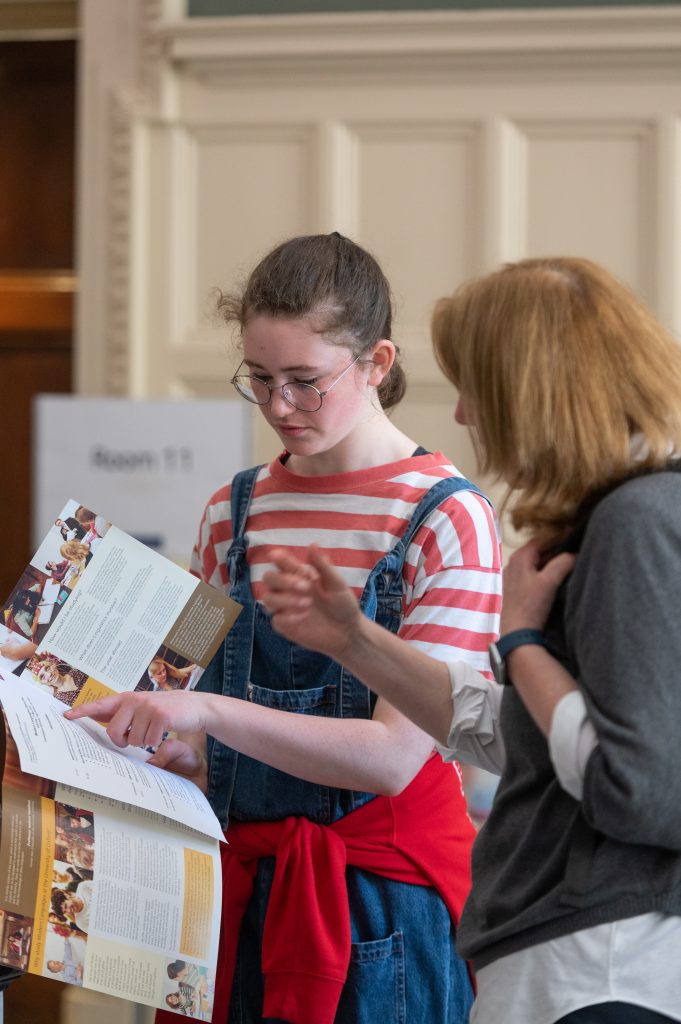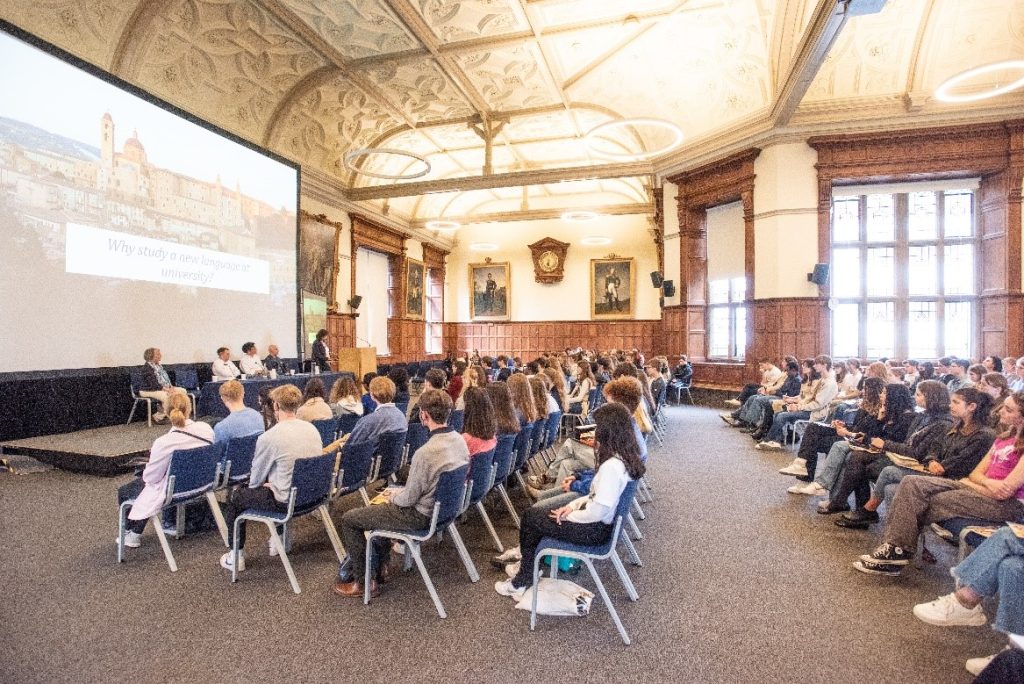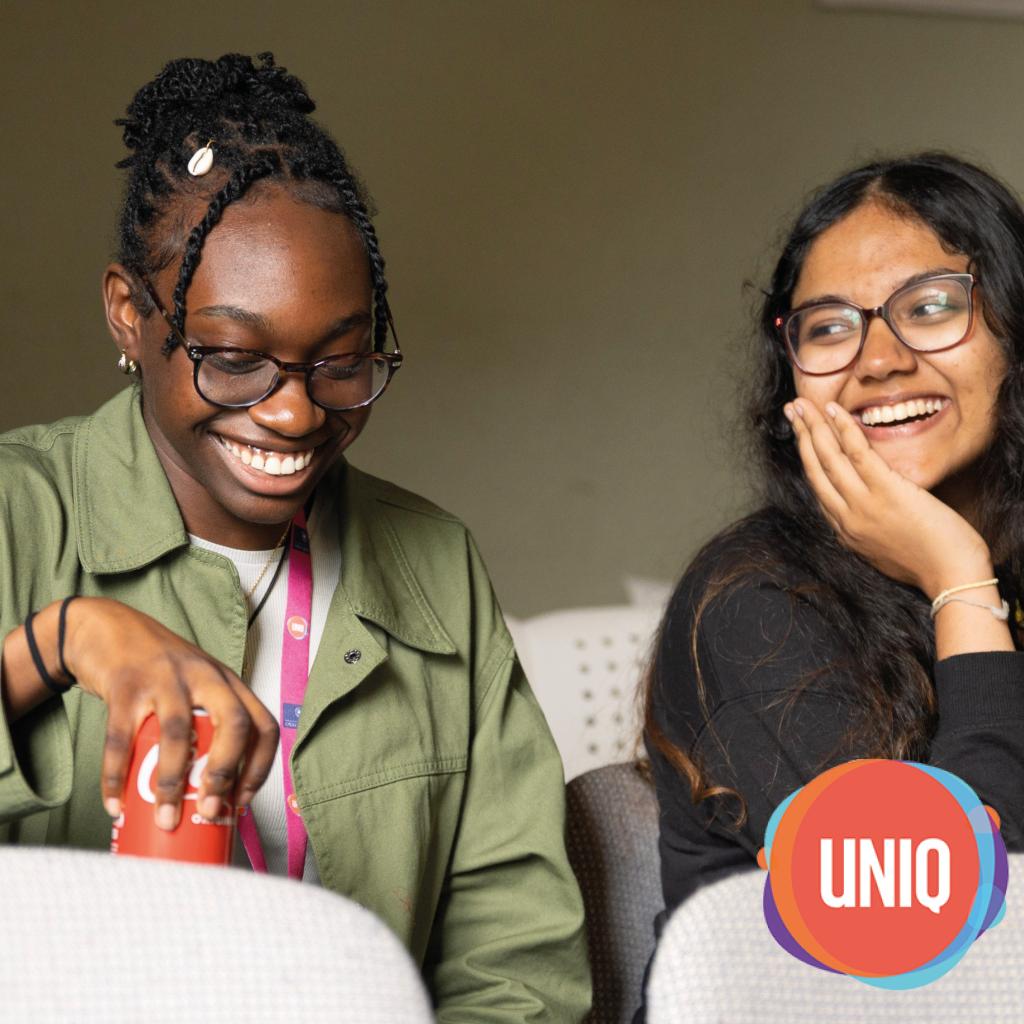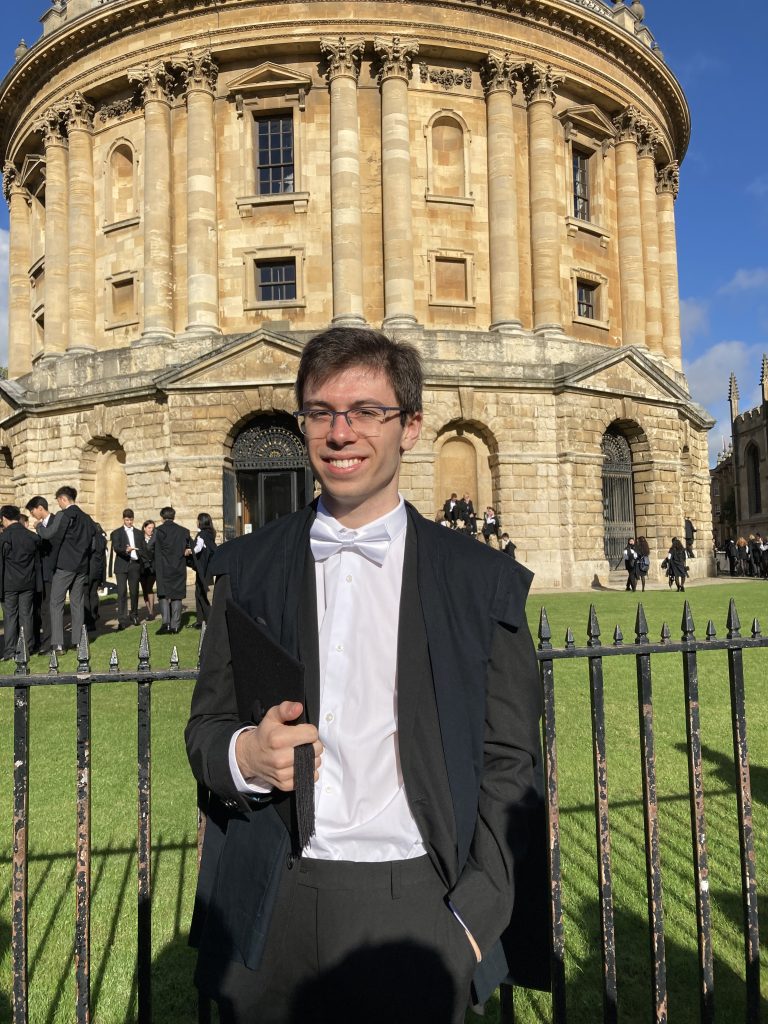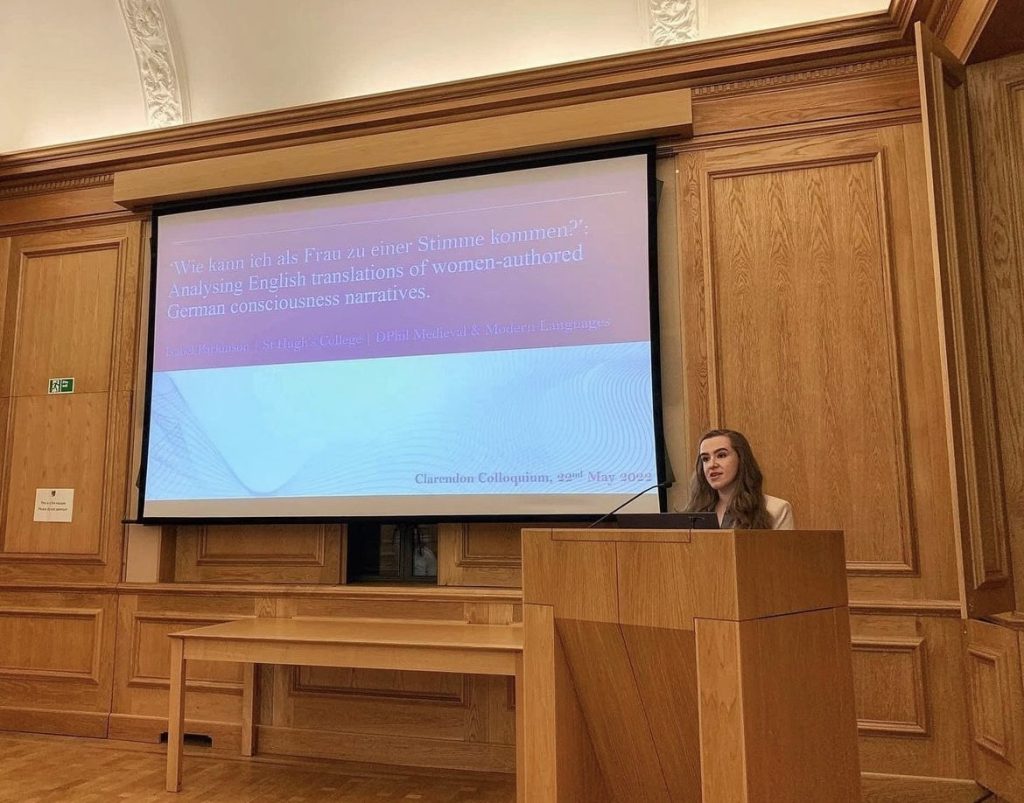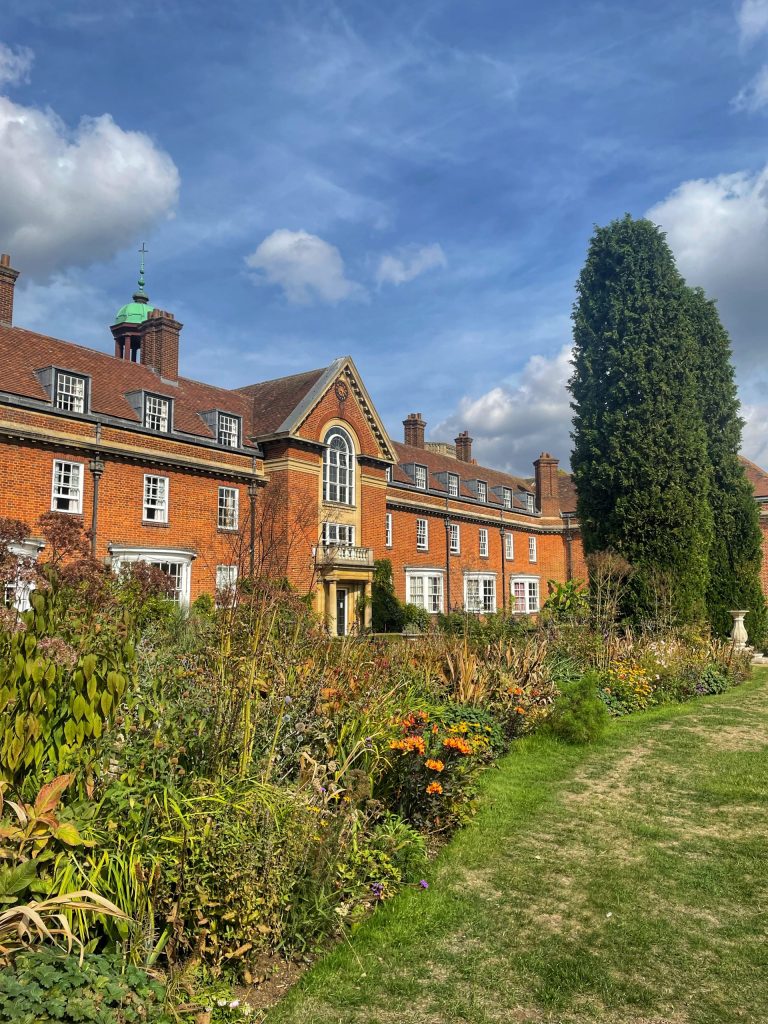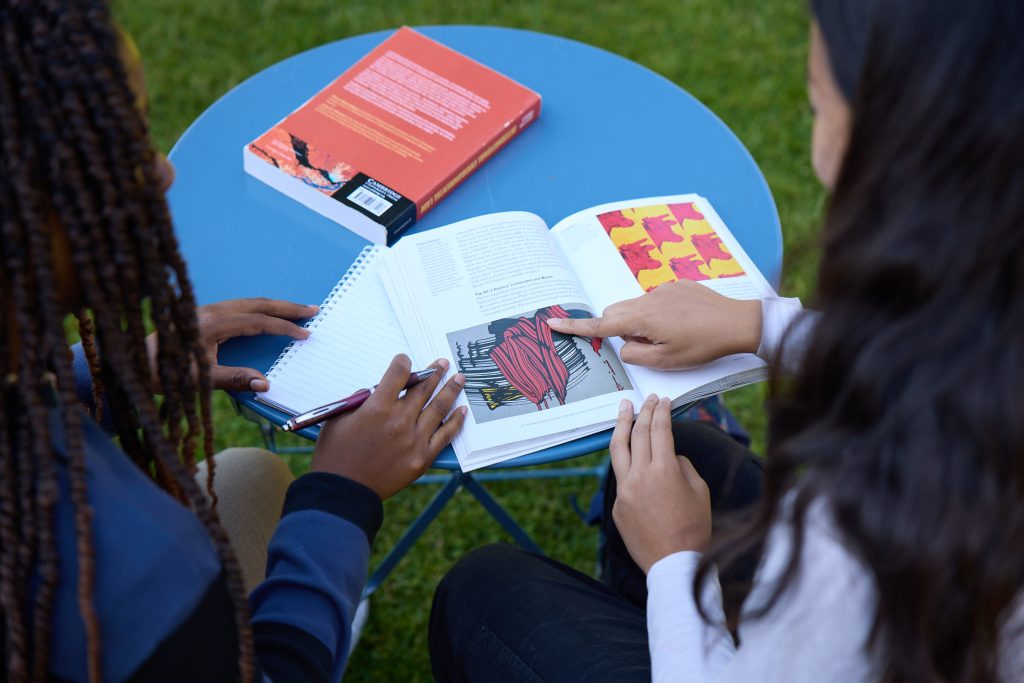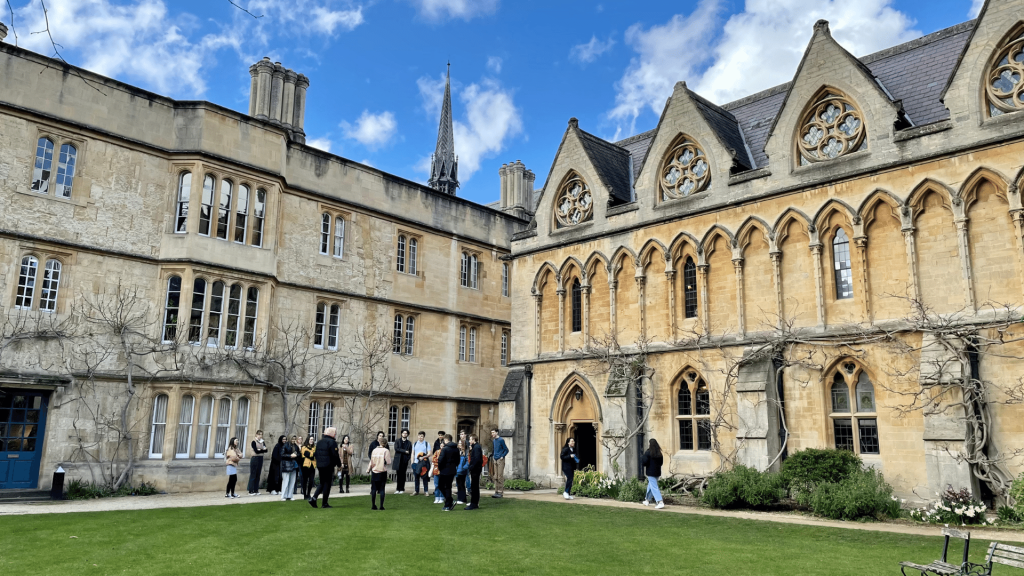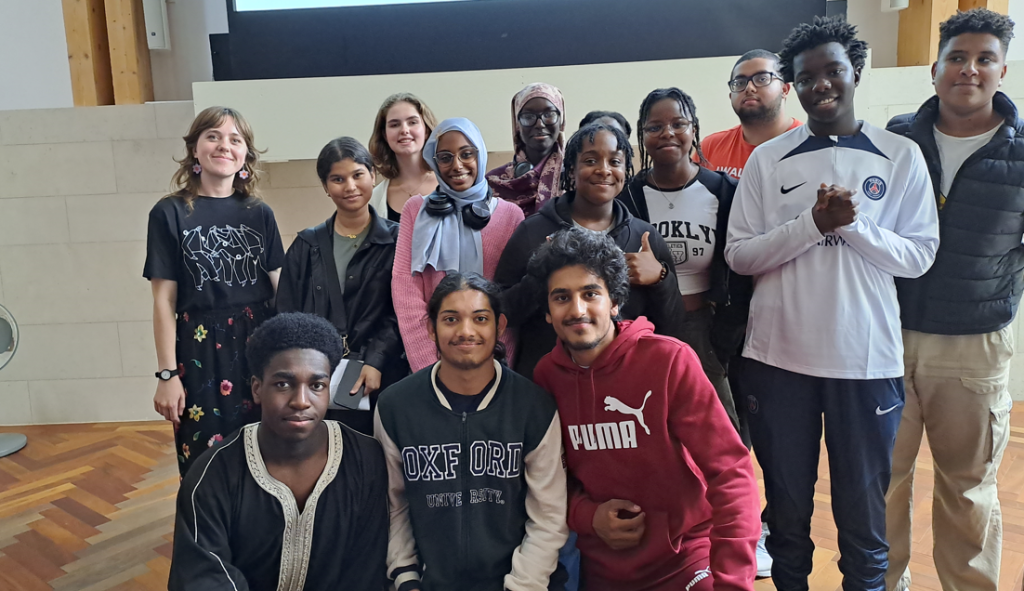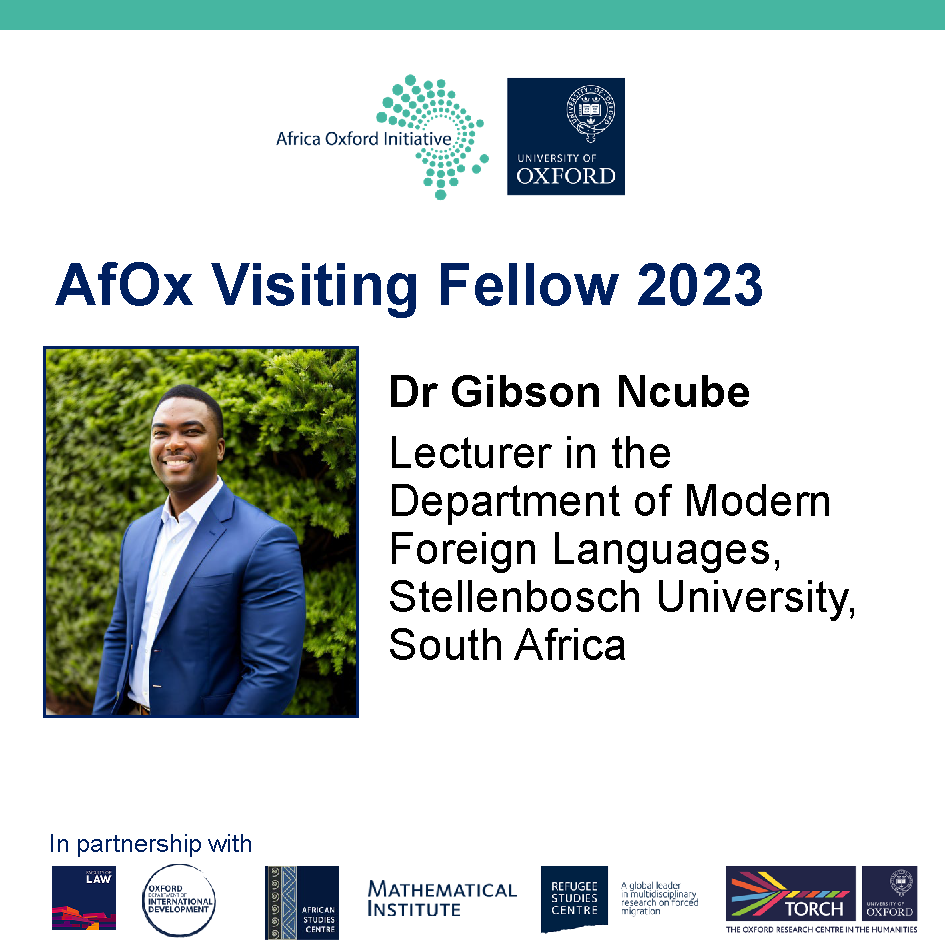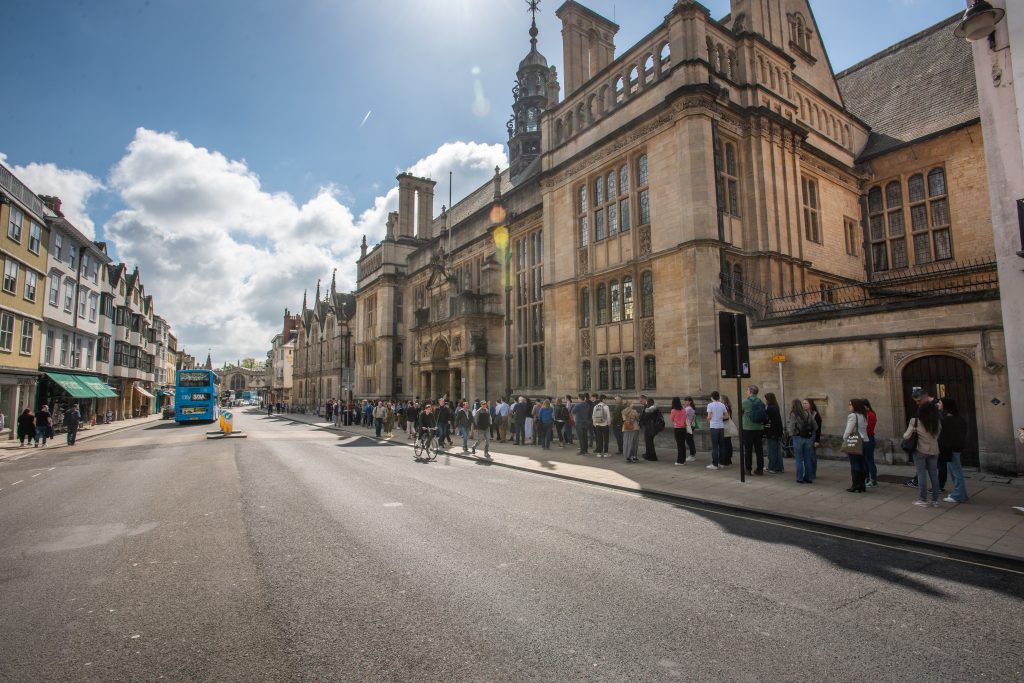On the blog this week, French and Beginners’ Russian student, Catrin, tells us all about the wonders of the Estonian sauna, and her experiences of using them while on her year abroad last year.
The Estonian sauna is a weird and wonderful place.

Following Russia’s invasion of Ukraine, our Beginners’ Russian cohort was told we would be going to Tallinn instead of Yaroslavl’, which had been the destination of choice for decades. I had no idea what to expect from Russia’s small north-eastern neighbour. Tallinn truly surprised me, and one of the things I miss the most is cold water swimming and the sauna culture that accompanies it. My favourite Russian word that I learnt on my year abroad was моржевание (morzhevanie); a specific, one word translation for “cold water swimming” or “winter swimming”, that comes from the word “morzh” meaning “walrus”.
Tallinn is a coastal capital, sitting on the shores of the Baltic Sea, which meant any ‘morzhevanie’ I would take part in would be, well, baltic. I was sceptical. However, when told that the Estonian way was to swim in the freezing cold water and then run straight back to a cosy, boiling hot sauna, I was more convinced. The ritual of the trip to the sauna became part of my life in Estonia- a friend and I went every Sunday through the winter swimming season, which lasts from the beginning of November through to the end of April. Estonians and the international community alike can buy season tickets for their favourite sauna for a discounted price, much like football fans would do in the UK.
Sauna culture in Estonia is sacred. There are approximately 100,000 saunas in Estonia for a population of 1.3 million. In the capital, it may be a somewhat trendy novelty that tech employees and Erasmus students dabble in for the period of their stay, but a more traditional kind of sauna, namely the “Võromaa” smoke sauna tradition in southern Estonia, has warranted cultural heritage status on the UNESCO list. It is part of a wider Russo-Scandinavian sauna tradition, with slight variations from Estonia to Russia to Finland to Sweden to Norway. Some of the most burning questions include: is it a wood-burning or a steam sauna? What sticks do you hang in the sauna to hit your body with to increase circulation? Should you wear a little felt hat to regulate your body temperature or not? And, for the sauna fashionistas amongst you, what colour should the little felt hat be?
A testament to its cultural heritage and importance, saunas are now being delivered from Estonia to Ukranian soldiers on the front lines of the war by the NGO “Saunas for Ukraine”, and the movement is garnering support online to send more. It has provided battalions of the Ukranian army with a place to wash, convene, and boost morale. The modern Tallinn sauna is part conference room, part cool hangout spot, part extreme sport training centre. During my first trip to the sauna- a repurposed small shipping container in the trendy, harbourside Kalamaja district- it was full of people who were attending the same technology conference which didn’t officially start until the following day, but business discussions had clearly begun as they scurried as a pack between the sea and the steam.
In the following weeks, we became regulars and noticed that the French embassy in Tallinn ran a group trip to the sauna every week; a mixture of diplomats and NATO soldiers who challenged each other to stay in the freezing sea as long as they could (one soldier managed 8 minutes!). I heard friends conversing in Estonian, Finnish, Russian, English, Spanish, French and Portuguese (that was just on one Sunday afternoon in mid-January). The sauna was a very international space, and a great place for cultural exchange.

One of the most memorable conversations we had was with two of the chattiest Estonians my friend and I had ever met (Estonians are famously quite reserved), who, upon hearing that I was Welsh and a Welsh-speaker, immediately asked “can you tell us that really long Welsh place name?”. I obliged before even thinking how incredible it was that two Estonians knew about the name of a tiny village, which happened to be my grandfather’s birthplace, on the complete opposite end of Europe. In exchange for my consonant-heavy declaration, we were told an Estonian phrase that was made up almost entirely of vowels- “on the edge of the ice” in Estonian is “jää-äär”.
On other visits, the sauna was completely silent, and a place for meditation and reflection. Desperate not to miss our habitual “ice swimming Sundays” on a trip around Scandinavia, we found the most intense group of cold water swimmers in Kemi, Finland (a mere hour outside the Arctic circle!). The sea was completely frozen over. The sauna was boiling hot, and very quiet.
The relaxed nature of the cold-water swimming community in Estonia eventually left me wondering: what kind of place would the world be if all diplomatic and political negotiations happened in saunas?
– Catrin Mackie, French and Russian student

